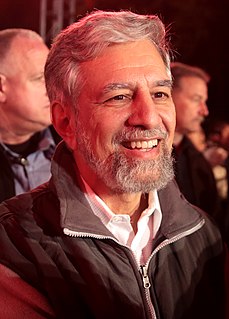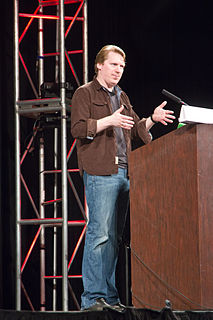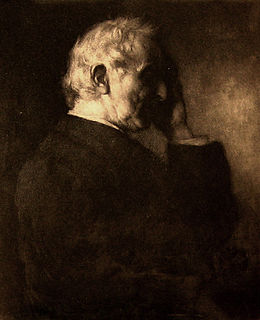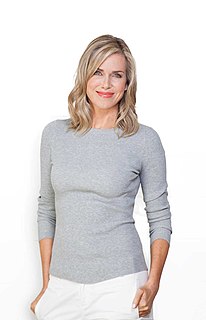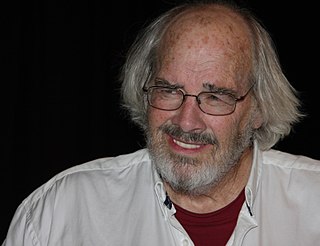A Quote by Charles Duhigg
Cravings are what drive habits. And figuring out how to spark a craving makes creating a new habit easier.
Related Quotes
Habit is habit and not to be flung out of the window by any man, but coaxed downstairs a step at a time. You cannot eliminate habits that no longer serve you. You can only replace them with new habits that support your goals. Moment by moment, you need to live with awareness and structure the habits that you include or exclude in your days.
Design is about creating spaces for people to enjoy and of course, creating moments where you elevate the spirit, but 'design for good' is figuring out a program that not only creates better spaces, but creates jobs, creates new industry and really kind of raises the conversation about how we rebuild.
But you go to a great school, not for knowledge so much as for arts and habits; for the habit of attention, for the art of expression, for the art of assuming at a moment's notice a new intellectual posture, for the art of entering quickly into another person's thoughts, for the habit of submitting to censure and refutation, for the art of indicating assent or dissent in graduated terms, for the habit of regarding minute points of accuracy, for the habit of working out what is possible in a given time, for taste, for discrimination, for mental courage and mental soberness.
When I got pregnant with my first child, I was vegan. And when I got pregnant, my body was craving meat so much. I started out slowly with eggs, then cheese, then I was like, 'OK, I need a steak!' I had to listen to my body - my cravings were so strong with the first one. When I got a craving for a food, I needed it five minutes ago.
I think the big myth about habits, and happiness too, is that there's somehow a magic "one size fits all" solution. That, "If it works for you it's going to work for me," and it's just a matter of figuring out what that habit would be, whether that's do it first thing in the morning, or start small, or do it for thirty days, or give yourself a cheat day.
Habit allows us to go from 'before' to 'after,' to make life easier and better. Habit is notorious - and rightly so - for its ability to direct our actions, even against our will; but by mindfully shaping our habits, we can harness the power of mindlessness as a sweeping force for serenity, energy, and growth.
The 8th Habit, then, is not about adding one more habit to the 7 - one that somehow got forgotten. It's about seeing and harnessing the power of a third dimension to the 7 Habits that meets the central challenge of the new Knowledge Worker Age. The 8th Habit is to Find Your Voice and Inspire Others to Find Theirs.
Then one day, we’ll put the reward in the old place, and put in the rat, and, by golloy, the old habit will rememerge right away. habits never really disappear. They’re encoded into the sturctures of our brain, and that’s a huge advantage for us, because it would be awful if we had to relearn how to drive after every vacation. The problem is that your brain can’t tell the difference between bad and good habits, and so if you have a bad one, it’s always lurking there, waiting for the right cues and rewards.


